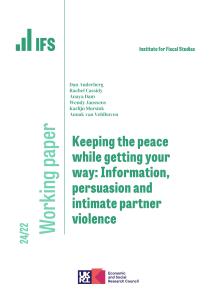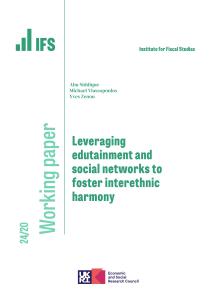We develop a practical and novel method for inference on intersection bounds, namely bounds defined by either the infimum or supremum of a parametric or nonparametric function, or equivalently, the value of a linear programming problem with a potentially infinite constraint set. Our approach is especially convenient in models comprised of a continuum of inequalities that are separable in parameters, and also applies to models with inequalities that are non-separable in parameters. Since analog estimators for intersection bounds can be severely biased in finite samples, routinely underestimating the length of the identified set, we also offer a (downward/upward) median unbiased estimator of these (upper/lower) bounds as a natural by-product of our inferential procedure. Furthermore, our method appears to be the first and currently only method for inference in nonparametric models with a continuum of inequalities. We develop asymptotic theory for our method based on the strong approximation of a sequence of studentized empirical processes by a sequence of Gaussian or other pivotal processes. We provide conditions for the use of nonparametric kernel and series estimators, including a novel result that establishes strong approximation for general series estimators, which may be of independent interest. We illustrate the usefulness of our method with Monte Carlo experiments and an empirical example.











